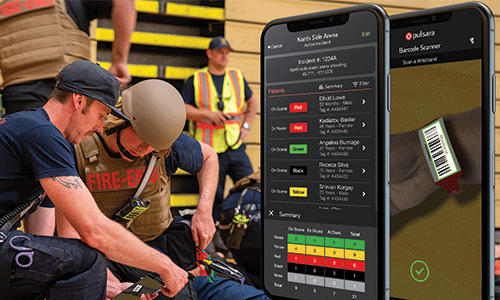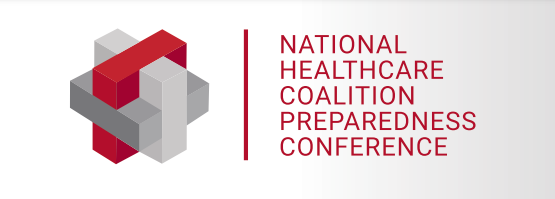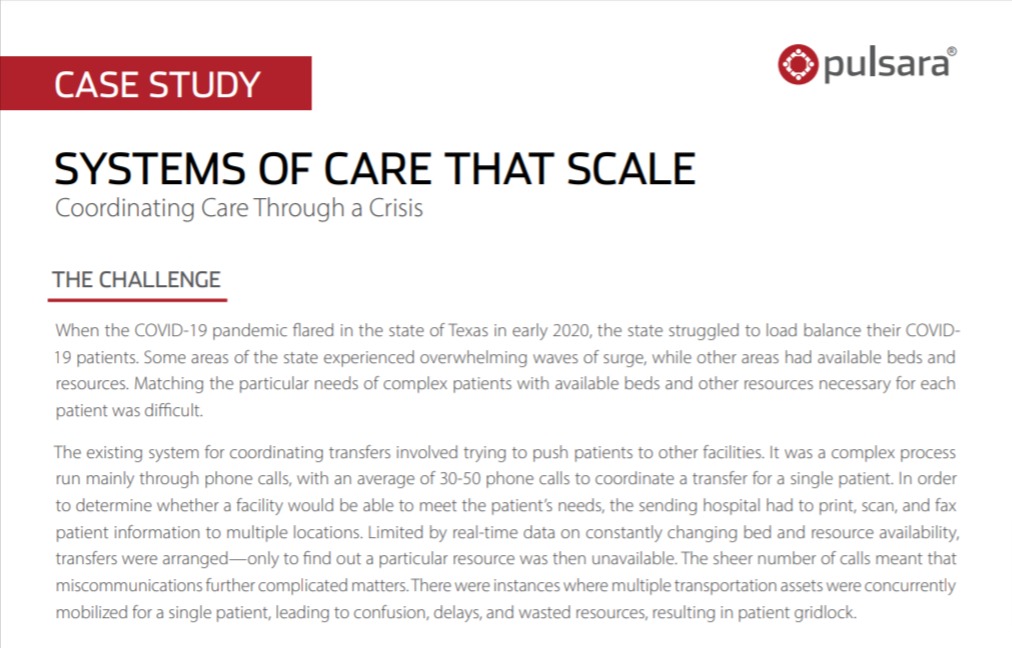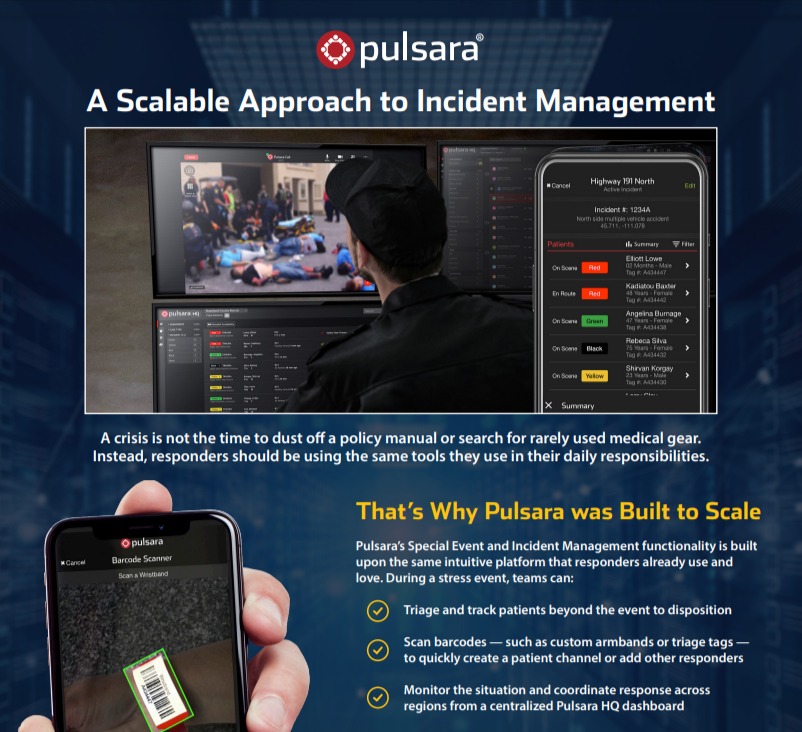Efficiency in Your Hands
Whether you're responding to an everyday patient case or regional incident, everyone involved should have the ability to triage, track patient movement, monitor the incident, and assist in reunification efforts using one platform.
Ready to learn more? Fill out the form above to meet with our team during the National Healthcare Coalition Preparedness Conference.

Why Attend the Conference?
The National Healthcare Coalition Preparedness Conference's 2024 theme is 'Visions of Progress: Sustainable Strategies for Emergency Preparedness and Resilience' Professionals in emergency management, healthcare coalitions, volunteer organizations, and all levels of government will benefit from advancing their individual and collective skill set by participating in over 40 sessions of content, sharing best practices, building partnerships, and interacting with the latest technology and industry thought leaders in the exhibit hall.

Why ELSE Should You Attend?
Because Pulsara Will Be There!
While Pulsara unites all care team members within and across organizations for any patient event and every method of arrival, learn more about Pulsara below and stop by our table during the conference to see the platform in action.
The City of Lubbock in Texas held a full-scale crisis exercise where first responders from multiple agencies worked together to care for patients involved in a plane crash. The scenario allowed first responders and city agencies to practice responding to an MCI and test Pulsara's Incident Management capabilities.

The Texas Emergency Task Force implemented Pulsara to help simplify patient transfers during COVID-19. Download the case study to learn how they achieved the following objectives:
- COVID-19 management and surge mitigation
- 75% reduction in excessive phone calls
- Virtual Placement Center for smooth patient transfers

Whether you're responding to an MCI, and MVA with multiple patients, a special event, or assisting with evacuations, everyone—from emergency responders to public health—should have the ability to triage, track patients, communicate, assist in reunification efforts, and manage the incident from one platform.

Joey Branton
Senior Vice President - Government Affairs



